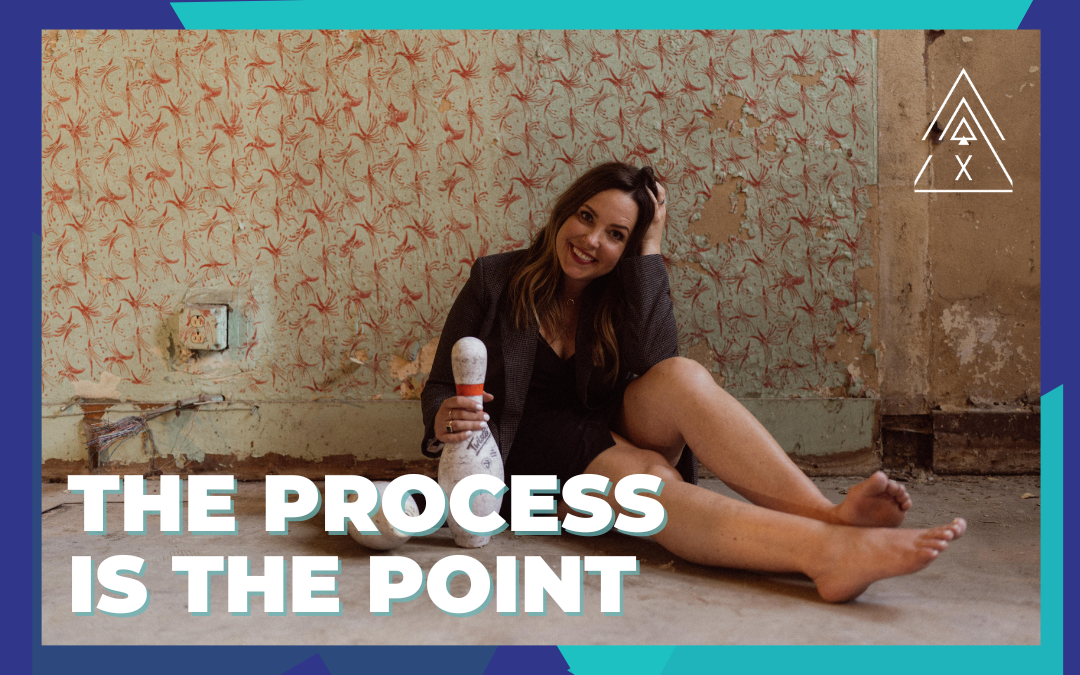I am fortunate to coach many kids. I’ve had a lot of experience with all ages. Some of you reading this may have kids and will be able to relate to this blog. If you don’t have kids or aren’t around kids this post is still relevant because, well, we’ve all been there once as adolescents ourselves.
This post is prompted by my stumbling upon an article the other day that reminded me of something that isn’t often talked about. The teenage brain. The article, published by the University of Rochester, was called “Understanding the Teen Brain.”
According to this article, until the brain is fully matured at 25, a person may make decisions and react without even knowing why they did or said something. The article explains, “the connections between the emotional part of the brain and the decision-making center are still developing—and not always at the same rate. That’s why when teens have overwhelming emotional input, they can’t explain later what they were thinking. They weren’t thinking as much as they were feeling.”
Without that pathway in the brain developed yet, pulsing hormones are more in control of emotions than anything else. The reasoning portion of the brain isn’t as fully connected to the actions and reactions yet. It’s sort of a case of feel and react first, think later.
It was really fascinating reading about that. It’s easy to take for granted that there’s still so much internal maturing going on in teenagers. It’s not always as obvious as you might think.
When I look at my son, even though he’s only turning 13 this summer, he’s already taller than me. And when I look at him, I see how mature and capable he has already become in so many ways. So, it’s easy to forget that he’s still going through so many natural stages of growth – and will be for a while. Considering that he’s already 5’7”, it’s kind of mind-blowing that he still has a lot of maturing ahead of him – both inside and out!
So it’s important to understand the importance of patience with teens. With Madden, sometimes I can see that he is more reactive than he used to be.
It could present as less patience than normal. A bit more attitude. Snarky responses. I can see you nodding on the other side of this screen. I know I’m not alone in seeing this as a parent.
So, how do we manage this – at home, on the lanes and beyond?
I think first, we need to seek to understand. Hormones are complex. Understand that these teens and pre teens are trying to figure out themselves at this stage in life. They are uncomfortable and it’s confusing for them too.
I understand the need to give my son grace as he goes through this stage. However, this article reminded me how important that is. Sometimes there’s really even more at play than we realize. If there’s a moment when he rolls his eyes at me before even realizing it, it may be about much more than just Madden’s newly flowing hormones and becoming taller than his mom. Even his brain is still growing and adapting. Even he needs a minute sometimes to catch up and understand his own thoughts and reactions.
In all of this, I’m also reminded that as parents, we really have to be careful to keep everything in perspective. Sometimes we have to be gentle and put less pressure on our teenagers and just try to understand them.
I think this is especially important to remember in the context of raising athletic children. As parents, we need to realize that they don’t need pressure added to the emotions they’re already facing. These kids have a sort of double pressure – they are still technically maturing into themselves, so they are dealing with more emotions than even they themselves fully understand, and then the pressure of competition gets layered onto that. Yet, I often see parents putting a lot of added pressure on their kids, and emotions and stress levels can really become elevated.
Instead of adding to all the emotions, they’re already feeling, why not work to manage them together? You’re on the same team as your kid. I think that many parents don’t quite see the bigger picture that way, though, especially if they are not athletes themselves. That’s a lot of pressure for kids to be dealing with…
Instead of being hard on them when they are in the midst of their own emotions, try to understand them and what they are thinking. Suggest a way to help them see their situation from a different perspective. Put yourself mentally on the same team as them. Work with them rather than against them. Most of the time, these kids really are just doing their best to manage their own emotions and their mindset. They need our support in doing that, not more pressure from us.
I look at how we deal with things in my house as a little microcosm. That means that how we’re reacting and managing inside of our little microcosm is what we bring out into the real world. That’s why the lessons my kids learn here about managing their own emotions and thoughtfulness is what they are taking out into their life. However, I also realize that how I support them at home should be how I support them in any situation. Our household rules of being kind and being a leader apply as much to me as they do to my kids. So, when I see that they are just figuring out their own emotions, I’m going to be kind and help them to work through that. Whether at home or out in the world, I want my kids to feel supported rather than pressured.
In my research for my Mindset Reset program (Sidenote: Our April membership is open), I came across this great TEDx video by Danish Sports Psychologist Janne Mortensen. She focuses on how parents can learn to understand and support their young athletes on their journey – rather than add pressure. It’s worth a watch for any parent.
And if you want to work on your own mindset and understand how to help yourself more on the lanes and beyond, why not take a peek at Mindset Reset here?










0 Comments